- Last Update 2025-09-23 21:50:00
Resuming death penalty a major setback; HRW
The Sri Lanka government should halt plans to resume executions and restore its de facto 43-year moratorium on the use of the death penalty, Human Rights Watch (HRW) said today. Sri Lanka’s President Maithripala Sirisena said he has ordered the execution of four drug offenders, claiming it would end increasing addiction problems in the country.
“Sri Lanka’s plan to resume use of the death penalty is a major setback for human rights,” said Brad Adams, Asia director. “Sri Lanka has been a bulwark against capital punishment in Asia for more than four decades, yet now the Sirisena government wants to throw in its lot with less rights-respecting regimes.”
The death penalty has not been carried out in Sri Lanka since 1976. Currently, 1,299 prisoners – 1,215 men and 84 women – are on Sri Lanka’s death row after having been convicted for capital offenses, including 48 people convicted for drug crimes.
President Sirisena said he was determined to crack down on drug trafficking after over 300,000 people in Sri Lanka allegedly became addicts, with 60 percent of 24,000 prison inmates incarcerated for drug-related offenses.
The United Nations General Assembly has continually called on countries to establish a moratorium on the death penalty, progressively restrict the practice, and reduce the offenses for which it might be imposed – all with a view toward its eventual abolition.
Where the death penalty is permitted, international human rights law limits the death penalty to “the most serious crimes,” typically crimes resulting in death or serious bodily harm. In a March 2010 report, the UN Office on Drugs and Crime called for an end to the death penalty and specifically urged member countries to prohibit use of the death penalty for drug-related offenses, while urging countries to take an overall “human rights-based approach to drug and crime control.”
You can share this post!
-
Still No Comments Posted.
Name
Content
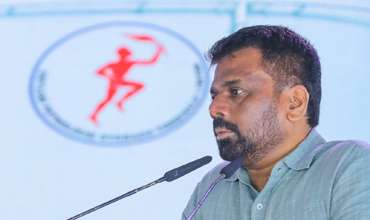
- September 17, 2025 - 189 - 0
President says CEB employees would have to make a choice in next two months
President Anura Kumara Dissanayake today warned that Ceylon Electricity Board Employees would have to make a choice in the next two months.

- September 20, 2025 - 177 - 0
Heavy damages caused to shops in Pettah due to fire
Several shops were damaged in a major fire that broke out in a shop on the third floor of a building at First Cross Street in Pettah, Colombo, today evening.
Related Articles

Top stories of the day
- 23/09/2025 - 24 - 0
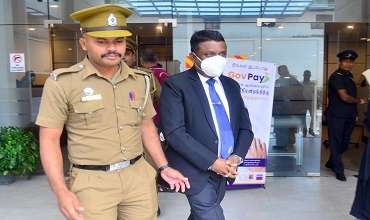
Opposition renews forensic audit demand after e-visa verdict
- 23/09/2025 - 43 - 0
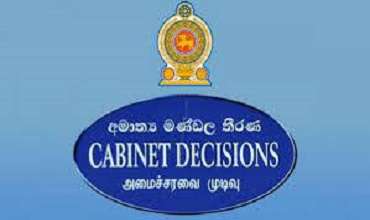
Government approves ‘Superapp’ for public services
- 23/09/2025 - 39 - 0

New museum to conserve Sri Lanka’s endangered plants
- 23/09/2025 - 25 - 0




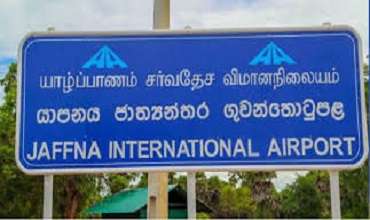
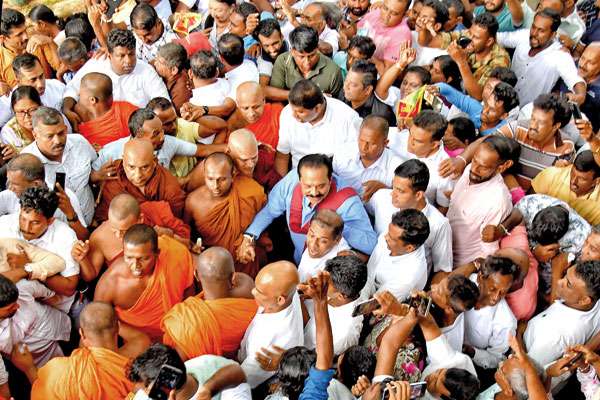
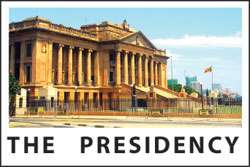


Leave Comments